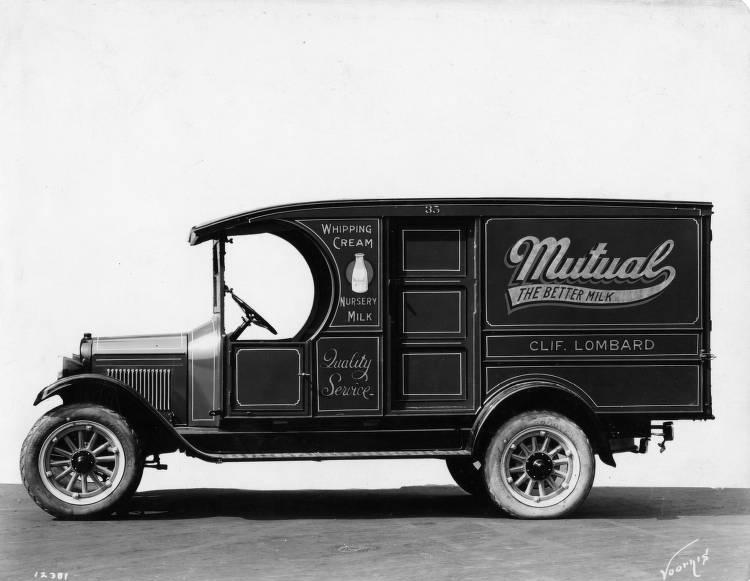The Dutch community in Indianapolis, a mixed lot culturally and religiously, never totaled more than 500 persons. The first Dutch families arrived in the city in the 1850s and 1860s, migrating directly from the Netherlands or residing first in New York, Pennsylvania, or Ohio. The 1850s contingent consisted of Dutch Reformed adherents, the largest protestant domination in the Netherlands until the 1930s, and Catholic craftsmen, especially carpenters and painters.

In the 1860s, itinerant Jewish merchants in clothing and cigarmaking settled in the city. Originally from the Jewish Quarter in Amsterdam, the largest Jewish center in Western Europe, they had previously done business in New York City, Philadelphia, and Detroit. A Roman Catholic, Herman Ryckhof, owned a liquor store and was the wealthiest Hollander in the city in 1870.
In the 1890s, a second migration brought a group of dairy farmers from Frisia, located in coastal parts of the Netherlands, to the city’s outskirts. Among them was Cash (Kerst) Bottema, a milk hand who emigrated on a cattle boat in 1891 and who founded Bottema Farms, the Mutual Milk Dairy, and Brown Brothers Packing Company. He also served as president of the Holstein-Frisian Breeders Association of Indiana and was a founder of the Marion County Farm Bureau.
By 1910, Indianapolis counted nearly 300 persons of Dutch stock. The next year, 17 families organized the First Holland Reformed Church (which later became Christian Park Reformed Church) on the city’s east side. Church elders reported in 1922 to the Chicago classis, a governing body of pastors and elders with jurisdiction over the region’s Reformed Church congregations, that some 200 Holland families in Indianapolis were “connected with no church at all, … who up to this time have been careless of religion and its demands.” The classis provided an annual grant of $900 to the congregation to hire “a wide-awake, energetic pastor” to “spend part of his time among them.” The evangelism strategy worked; the congregation outgrew its first two buildings and later erected a new facility on Wentworth Boulevard in 1948.
A third immigrant wave arrived in the 1950s, including several dozen families expelled from the Netherlands East Indies (now Indonesia). In 1957, a second Dutch congregation, the Devington Christian Reformed Church, a member of the more conservative Christian Reformed Church in North America (CRNA) established through a schism with the Reformed Church of America in 1857, was founded in the Devington neighborhood on the east side of Indianapolis.
The Dutch, however, never maintained separate neighborhoods and assimilated rapidly. Practicing Catholics and Jews worshipped in ethnically mixed congregations. Only the Reformed maintained homogeneous churches for a generation or two.
Starting in the 1960s, the Reformed Church opened its doors to people who were unfamiliar with Dutch heritage or its denomination’s traditions. Apart from several first and second-generation families that continue to worship in Reformed churches, little remains of Dutch institutional life and culture in Indianapolis.
Yet in 1980, the number of Dutch-born in Marion County was the highest in 50 years, reaching 203. A Dutch immigrant pastor, Reverend Herman Heeg, led the Christian Park Reformed Church congregation during this era, from 1972 to 1989. In 1985, Devington Christian Reformed Church (CRC) became the Indianapolis (CRC) when it moved to 75th Street and Hague Road.
Congregations affiliated with the Dutch Reformed tradition underwent changes in the 2010s. Christian Park Reformed Church on Wentworth Boulevard closed by 2010 and became the new home of the evangelical Transforming Life Church. A new conservative CRNA congregation arose in Greenwood at the end of 2013. Center Grove Presbyterian Church, located in Greenwood and founded in 1983, left the mainstream protestant Presbyterian Church USA to become a CRNA congregation and changed its name to Center Grove Christian Reformed Church. But the CNRA also lost the Indianapolis CRC. In 2015, the congregation changed its name to Hope Community CRC, moved to Lawrence, and began holding services in the Fort Benjamin Harrison YMCA under its new name. The congregation, however, did not survive. Hope Community CRC dissolved at the end of 2020.
Following the demise of the Christian Park, Christ’s Community Church in Fishers became the sole congregation affiliated with the Dutch Reformed Church of America in the Indianapolis area.

Help improve this entry
Contribute information, offer corrections, suggest images.
You can also recommend new entries related to this topic.